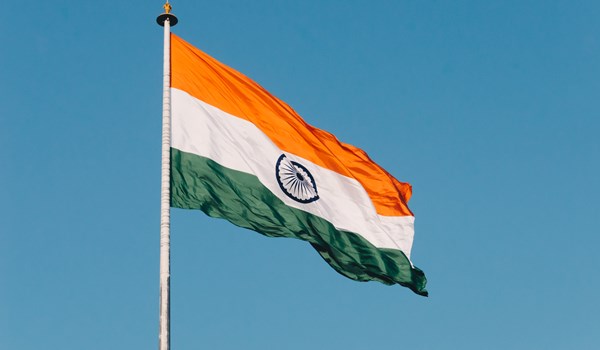Jurisdictions
Regions
Industry Sectors
07/02/22
INDIA: Tax havens could come in the way of cross-border insolvency laws, according to legal experts.

As published on economictimes.indiatimes.com, Monday 7 February, 2022.
Tax havens could come in the way of cross-border insolvency laws, with Videocon Oil and Nirav Modi's Firestar International, two recent examples of Indian companies owning foreign assets that are undergoing insolvency proceedings in the country, demonstrating why this is so, said legal, insolvency and banking experts.
Videocon Oil has assets in Brazil and Indonesia, owned through intermediate companies located in jurisdictions such as the British Virgin Islands (BVI) and Cayman Islands.
It has been difficult to take legal control of the company's assets because of this, Pravin Navandar, the insolvency professional of Videocon Oil, told ET.
Videocon India had set up special purpose vehicles (SPVs) in the tax havens and owns shares in those SPVs. The SPVs in turn hold shares in the companies that own those assets in Brazil and Indonesia. This complex web makes it difficult to pinpoint the exact place of business of the company and creates legal challenges.
Similarly, Nirav Modi group companies that are undergoing insolvency in India have international assets held through overseas firms located in places such as Delaware, a tax haven in the United States, according to submissions by the Directorate of Enforcement (ED) in courts.
The ED has also alleged that Firestar International had business with BVI-based companies. Banks have had to file insolvency proceedings in multiple places due to this and have not been able to get control of assets.
"Tax-friendly jurisdictions have caused legal hurdles in taking control of assets," Navandar said. "This is because they work on the premise of confidentiality. Moreover, they may not recognise insolvency laws of other countries," he said.
India is evolving a framework of rules to govern cross-border insolvency, finance minister Nirmala Sitharaman said in her budget speech last week. A discussion paper on what the rules could look like is already up for public consultation.
"The law is a response to the offshore structures that result in overseas ownership of assets for which IBC did not have a framework," said J Swaminathan, managing director, State Bank of India. "So, one has to view it as an enabling provision which help in the evolution of the law."
Experts believe the first object of the law will be to get international recognition for insolvency proceedings taking place in India.
"With such a law, creditors - through insolvency professionals - will have better control of assets located offshore of an Indian company, as they will be able to seek recognition of Indian insolvency proceedings overseas and seek protection over the assets," said L Viswanathan, partner and chair - finance and projects, at Cyril Amarchand Mangaldas.
Multiple developed countries conform to a UN convention on international trade law called UNCITRAL that has uniform rules for insolvency. The object of the convention is that these nations will recognise insolvency proceedings in each other’s jurisdictions on an equal footing.
However, in tax friendly countries, legal experts are of the view that India will have to develop bilateral understandings to seek recognition of insolvency proceedings that start here.
“Filing separate legal proceedings in multiple jurisdictions is an expensive affair. Such a law can help reduce the cost, provided the countries where the assets are located conform to UN rules," said Ram Kanoongo, the insolvency professional for Firestar International.



